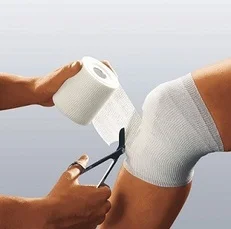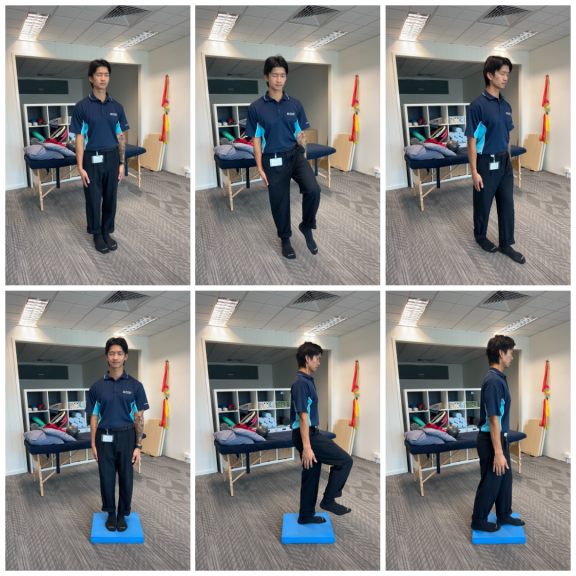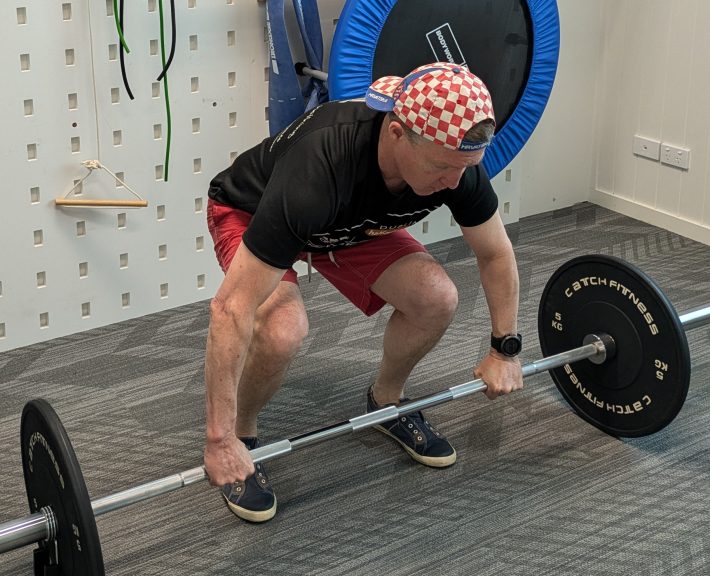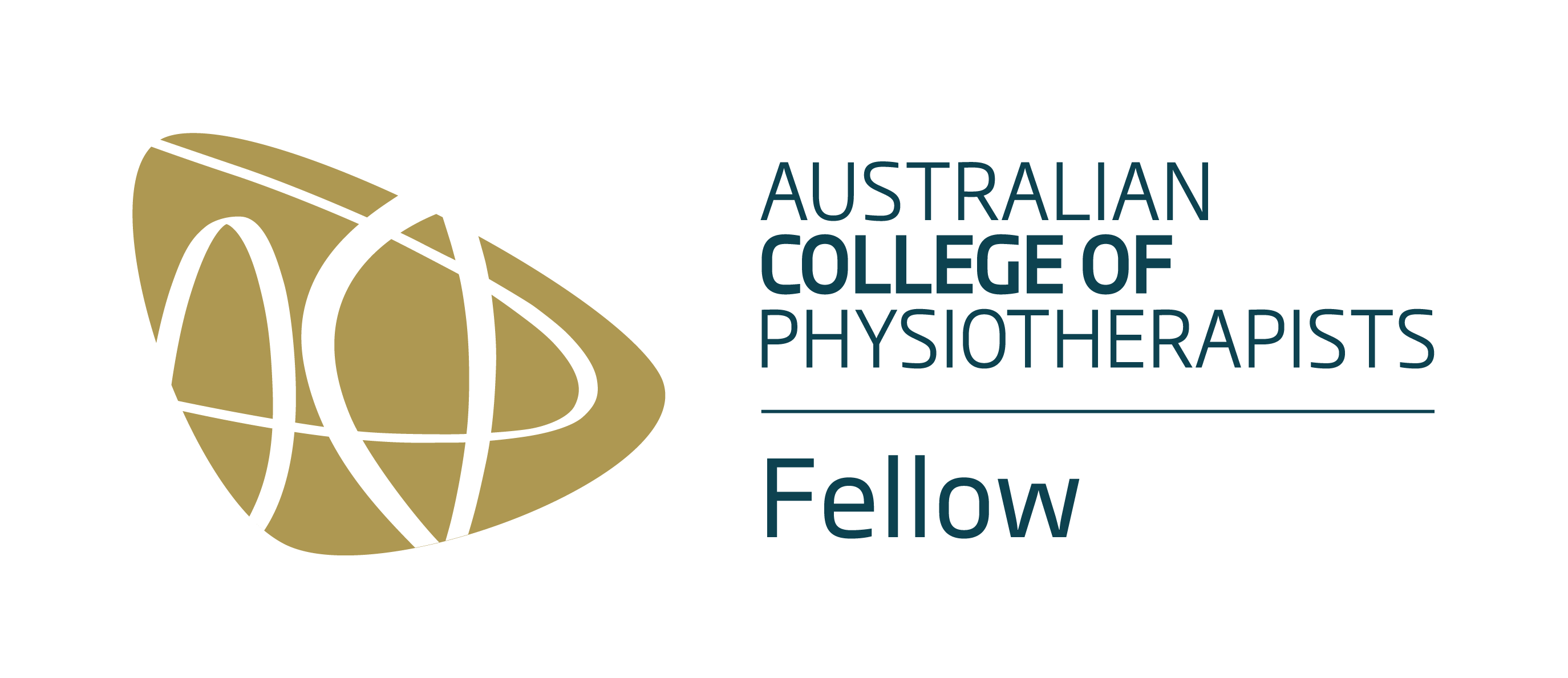
Joint injuries are among the most common problems experienced by Peak MSK Physiotherapy clients. These injuries may result from trauma to the body part or from wear and tear to the joint as in the case of carpal tunnel or arthritis. Patients may also seek physiotherapy following surgical procedures. Hip, knee, elbow, shoulder, wrist and hand surgery are among the most common.
Before beginning treatment, we will perform a subjective assessment of the patient through interview, review of the your x-rays and doctor’s referral if necessary. An objective assessment follows to assess the extent of your problem and to formulate your treatment goals.
Once the assessment is over, you should ask questions and voice concerns. We will be able to alleviate any fears you may have and restore your confidence in the therapeutic process. Then we will formulate goals for post discharge together. These goals are measurable and functional. Work hardening programs and functional capacity evaluations may be undertaken if you plan to return to work.
In the case of a hip injury or injury of the lower extremity, treatment will focus on balance and coordination, and motor control. Strength training will also be undertaken as you improve and meet initial treatment goals.
If you problem has required surgery, then recovery for a hip patient is around six weeks, while knee patients may require about ten weeks. Independent activities of daily living like car transfers and driving are part of the program in most clinics.
Wrist and hand patients need about six weeks for recovery, but their treatment may center mainly on fine motor activities. Since the hand is such a complicated structure, physiotherapists are specially trained in this area. Range of motion, strength and fine motor tasks form the basis of treatment as well as splinting in some cases. By discharge you should feel confident to resume your prior activities.
Jayce Gilbert FACP is highly qualified to assess and rehabilitate you back to normal movement. Call us today to find out more on how we can help you on 03 9533 5305













